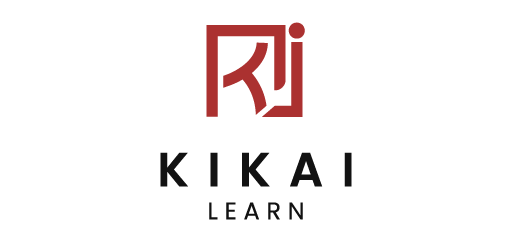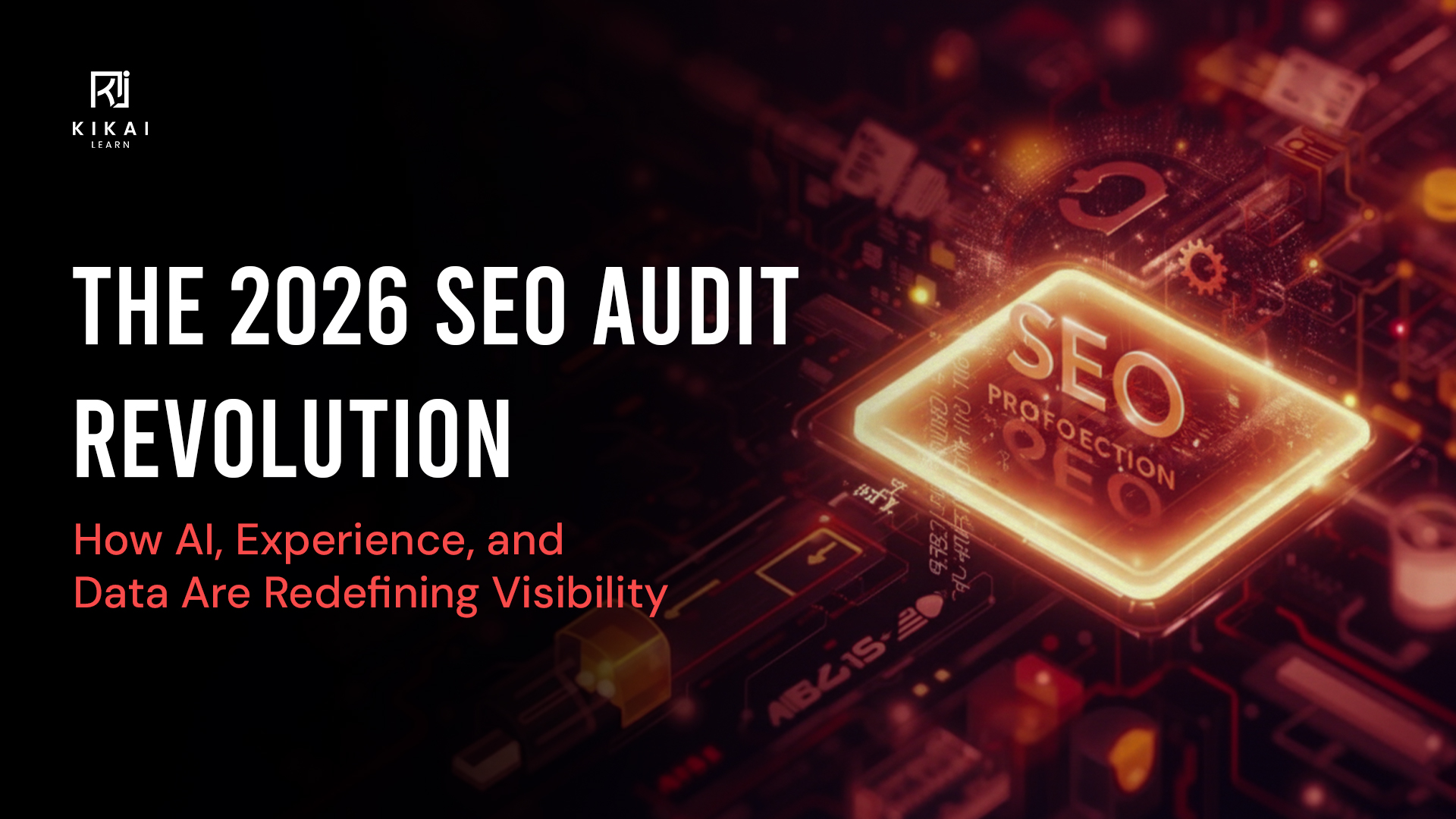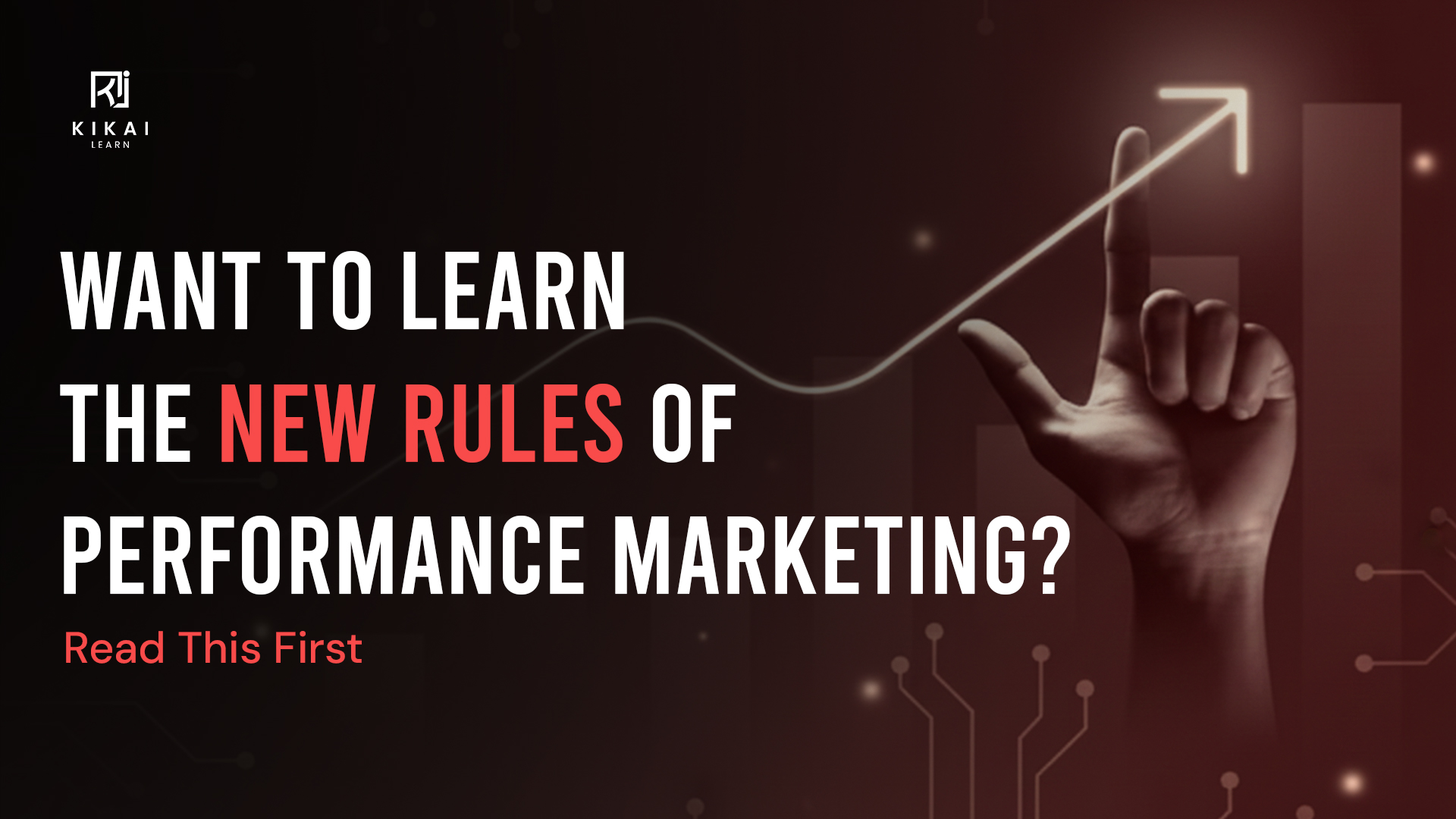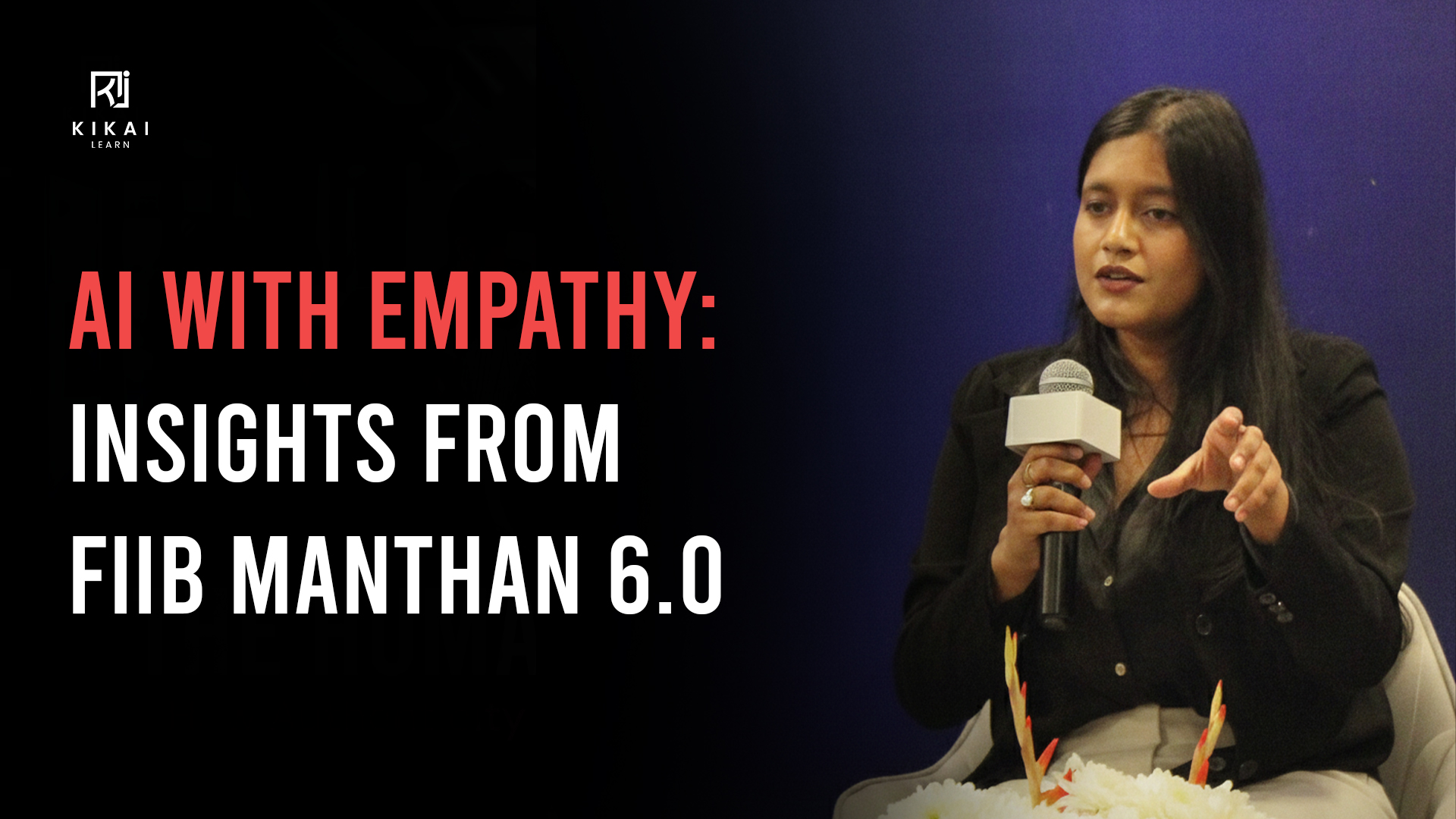The 2026 SEO Audit Revolution: How AI, Experience, and Data Are Redefining Visibility
In 2020, an SEO audit was just a spreadsheet, hundreds of technical checks, crawl reports, and broken link warnings. But by 2026, that world feels ancient. Artificial Intelligence has rewritten the search playbook: algorithms now evaluate experience as much as keywords, and content is often crafted, summarized, or even decided by AI itself.
Today, an SEO audit isn’t a static report; it’s a strategic roadmap for growth. It reveals where your website stands, but how it performs inside a new ecosystem of zero-click searches, AI summaries, and generative results. With Google’s Search Generative Experience (SGE) shaping 40% of visible search queries, the audit has become your control room, where data turns into decisions.
Top brands have already adapted, using next-generation audits to align technical precision with content strategy and AI-readability. Now, it’s your turn to learn how they’re doing it, and how you can future-proof your visibility in a search world that never stops evolving.
From Checklists to Intelligence Systems
Once upon a time, SEO audits were simple:
-Fix broken links
-Improve load speed
-Optimize meta tags
Those days are gone.
In 2026, audits have become AI-powered intelligence frameworks that integrate machine learning, user experience (UX) data, and behavioral insights.
According to Search Engine Journal’s 2026 Audit Study,
- 82% of top-performing brands use AI-based auditing tools to detect ranking anomalies in real time.
- AI now automates up to 70% of technical SEO checks, freeing human teams to focus on strategy and creative problem-solving.
- Modern audits don’t just diagnose issues, they predict them.
AI-Powered Audits: The New Standard
AI is no longer a “nice-to-have.” It’s the engine of every successful SEO audit in 2026.
Here’s what AI-driven audits now analyze:
- Intent Mapping – Whether your content aligns with user intent patterns extracted from large language models (LLMs).
- E-E-A-T-V Scoring – AI scans for Experience, Expertise, Authority, Trust, and Verification markers in your content.
- Zero-Click Optimization – Tools detect how your brand performs in AI Overviews, snippets, and voice search.
- Predictive Performance Modeling – AI forecasts keyword volatility and traffic impact before algorithm updates hit.
Brands that adopted predictive audits in 2025 saw 38% fewer traffic drops during core updates (Semrush DataLab, 2026).
The New Metrics That Matter
In 2026, Google doesn’t just measure what users click; it measures how they feel. SEO audits now include behavioral metrics that track user engagement, emotion, and satisfaction, not just raw data.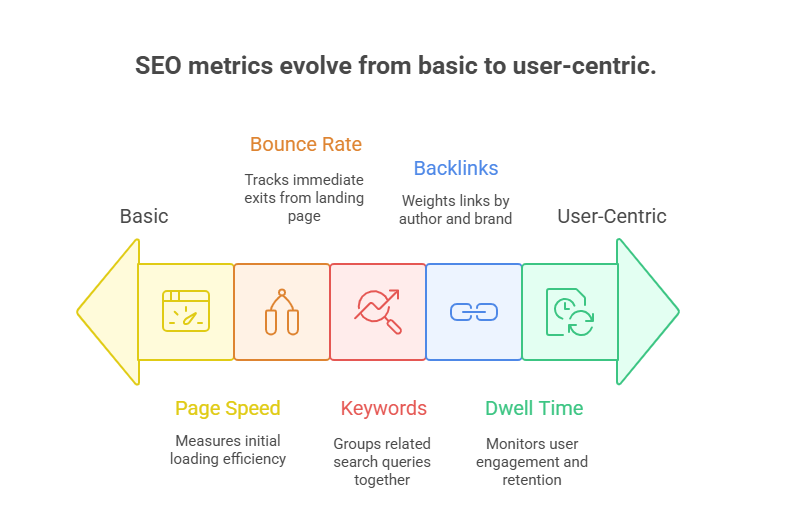
These evolved metrics make audits more human-centric , and that’s exactly what Google’s algorithm now values.
“In 2026, SEO success is less about clicks, and more about connection.”
Case Study: How One Brand Audited Its Way to Growth
A leading SaaS company used the latest 2026 SEO Audit Framework to overhaul its content ecosystem.
The results were dramatic:
- +51% increase in organic engagement
- +33% boost in keyword rankings across AI Overviews
- 40% decrease in content duplication flagged by LLM scanners
- 2.5× higher retention rate across knowledge articles
How?
Their audit didn’t just fix; it focused. They identified experience gaps, rewrote outdated AI-first blogs with human insight, and verified all author credentials.
In short, they made their SEO more human, and Google rewarded it.
Why 2026 SEO Audits Look (and Feel) Different
1. They Combine Machine Precision with Human Context
AI spots patterns at scale, but humans interpret nuance. The best audits now use AI to analyze data and people to craft stories.
2. They’re Continuous, Not One-Off
Gone are the days of yearly audits. AI tools now perform rolling audits, updating insights daily, even hourly.
3. They’re Experience-Driven
Audits now measure “human experience signals”: trust, clarity, tone, and engagement quality.
If it doesn’t resonate, it doesn’t rank.
The 2026 SEO Audit Framework
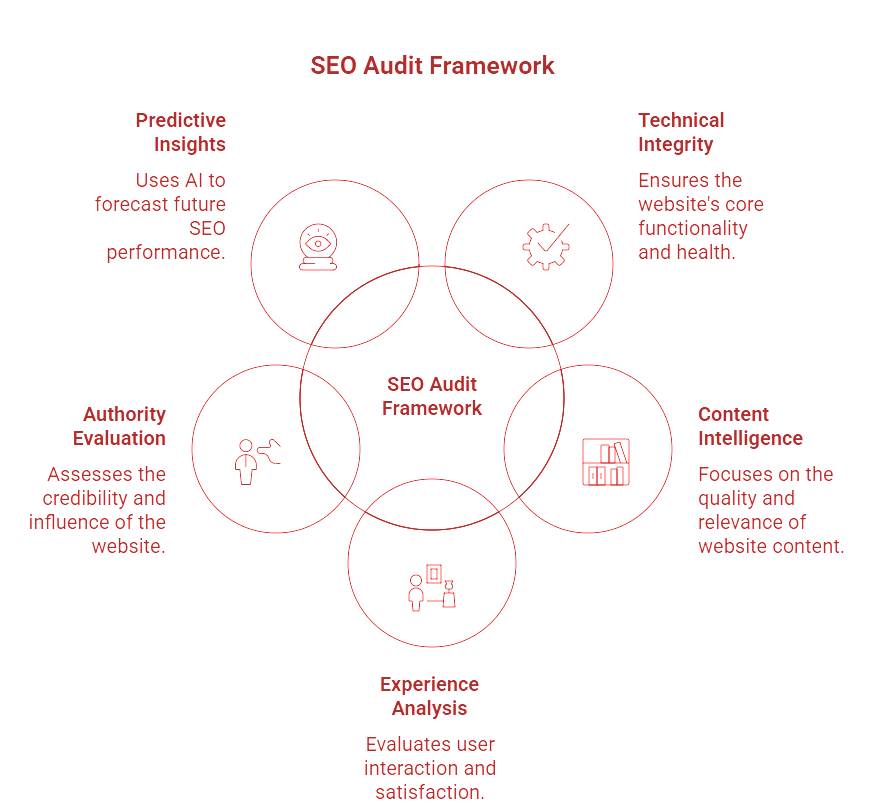
Modern SEO isn’t about fixing code.
It’s about building content ecosystems where humans and algorithms collaborate, where visibility comes from value, not volume.
Frequently Asked Questions (FAQs)
1. What makes a 2026 SEO audit different from traditional audits?
Traditional audits focused mainly on technical issues: tags, links, and site speed. The 2026 SEO audit goes far deeper: it combines AI intelligence + human insight to analyze user intent, emotional tone, and credibility.
2. How does AI improve the SEO audit process?
AI automates the repetitive checks that once consumed hours, broken links, crawl errors, and metadata gaps. But beyond speed, it can predict ranking shifts before they happen, analyze millions of data points, and surface insights humans might miss, freeing marketers to focus on strategy, creativity, and storytelling.
3. What’s the most important SEO metric in 2026?
“Experience per Click (XpC)”, a new performance indicator that blends technical excellence, engagement depth, and user satisfaction. If users enjoy the experience, stay longer, interact more, and trust your content, the rankings naturally follow.
4. Should small businesses invest in AI-driven audits?
Absolutely. The playing field is more level than ever. Affordable tools like Surfer AI, Semrush Copilot, and Ahrefs Predictive have made AI-driven insights accessible to everyone. Small brands can now audit and optimize with the same data precision that used to belong only to enterprise players.
5. How often should audits be performed in 2026?
Continuous monitoring is now the gold standard. Most brands perform quarterly deep audits, supported by weekly AI-driven checks that alert teams to ranking dips, UX issues, or content decay, ensuring adaptability to every algorithm shift.
6. How can SEO professionals prepare for AI-led audits?
The key is learning to speak AI’s language through prompt engineering and context control. The best SEOs in 2026 don’t just run audits; they train AI tools to think like strategists, guiding outputs toward brand-specific insights.
Upskilling in prompt design, analytics interpretation, and automation tools is now essential.
7. What if I’m new to SEO? Where should I start?
Start by learning human-first SEO fundamentals, audience intent, storytelling, and content experience. Then layer AI on top: use tools like ChatGPT, Surfer AI, and Clearscope to accelerate research and audits. Even beginners can now audit smarter; it’s about curiosity, not complexity.
Conclusion: Audits Aren’t Reports, They’re Growth Engines
In 2026, SEO audits have evolved far beyond spreadsheets and error reports. They’re no longer about what’s broken, they’re about what’s becoming possible.
AI brings precision, automation, and scale. Human insight brings strategy, empathy, and creativity. When the two work together, SEO audits transform from reactive checklists into predictive growth engines, capable of forecasting how your brand can win the future of search. And as SEO becomes more AI-powered, the professionals who understand how to talk to machines effectively will shape the next era of marketing.
Join the KikaiLearn Prompt Engineering Course and learn how to build smarter prompts, master AI collaboration, and future-proof your digital career in the age of intelligent search. Enroll now and become the strategist AI can’t replace.
